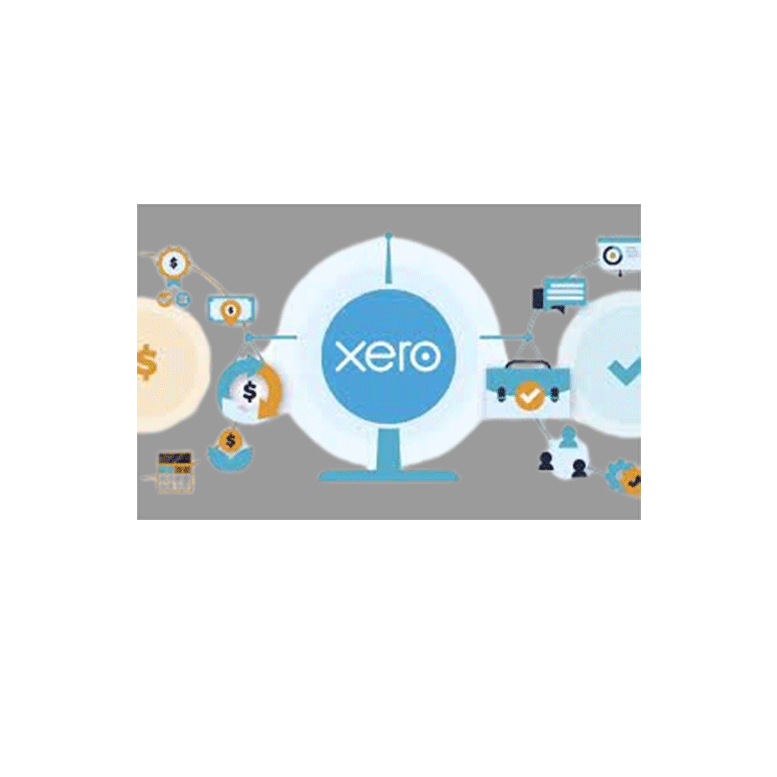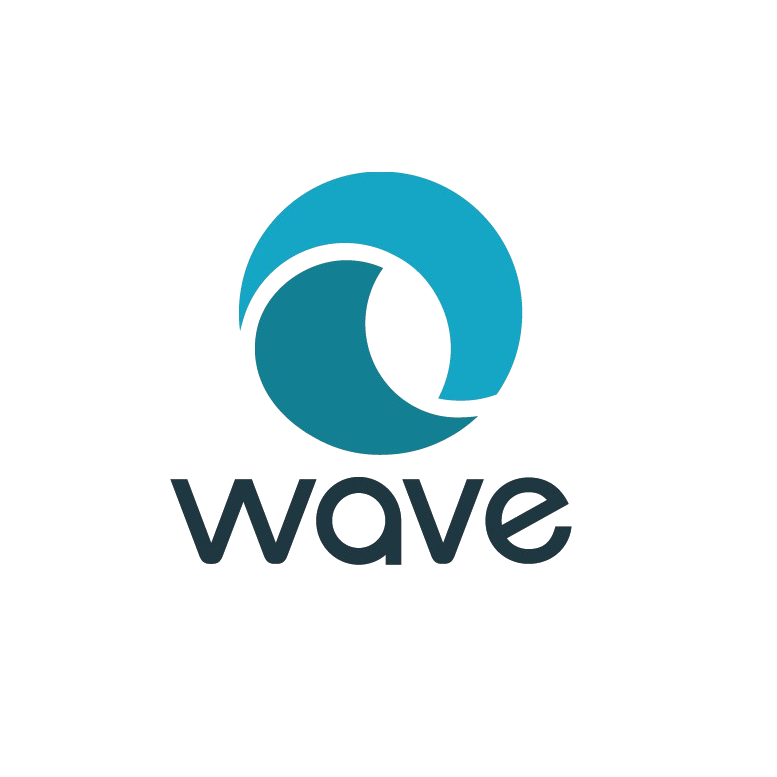Finance Tools

QuickBooks
QuickBooks is an accounting software designed for small and medium-sized businesses. It helps with bookkeeping, invoicing, payroll, financial reporting, tax tracking, and managing expenses, streamlining financial operations for business owners.

Xero
Xero is a cloud-based accounting software designed for small to medium-sized businesses. It offers features like invoicing, payroll, bank reconciliation, and financial reporting, simplifying financial management and collaboration with accountants.

Wave
A wave is a disturbance that transfers energy through matter or space, often in the form of water, sound, or electromagnetic radiation. It can be periodic and characterized by frequency and amplitude.
Finance Tools: Empowering Financial Success
In today’s fast-paced world, managing finances efficiently is crucial for individuals, businesses, and organizations alike. Finance tools have emerged as indispensable resources that simplify financial management, ensure better decision-making, and enable users to achieve their financial goals. Whether you’re an individual aiming to budget better or a business striving for profitability, the right finance tools can make a world of difference.
What Are Finance Tools?
Finance tools are software, applications, or platforms designed to help users manage, track, and optimize their financial resources. These tools cater to a broad spectrum of needs, including budgeting, investment analysis, expense tracking, tax calculation, and financial forecasting. With advancements in technology, finance tools now come with features like artificial intelligence, machine learning, and cloud integration, making them more robust and user-friendly.
Types of Finance Tools
Finance tools can be categorized into various types based on their functionality and target audience. Here are some of the most commonly used finance tools:
1. Personal Finance Tools
Personal finance tools are designed to help individuals manage their income, expenses, savings, and investments. These tools often include features like budgeting, bill reminders, and goal tracking. Popular examples include:
Mint: A free tool that aggregates all your financial accounts, categorizes expenses, and provides insights into your spending habits.
YNAB (You Need a Budget): A budgeting tool that focuses on assigning every dollar a job, ensuring you’re in control of your finances.
2. Business Finance Tools
Businesses require tools that can handle complex financial operations like payroll management, invoicing, and profit analysis. These tools are designed to streamline financial processes and improve efficiency. Examples include:
QuickBooks: A comprehensive accounting software for small to medium-sized businesses.
FreshBooks: A tool primarily focused on invoicing and expense management for freelancers and small businesses.
3. Investment Tools
Investment tools assist individuals and businesses in analyzing and managing their investment portfolios. These tools often include features for market analysis, stock tracking, and risk assessment. Examples include:
Robinhood: A user-friendly platform for trading stocks, ETFs, and cryptocurrencies.
Morningstar: A tool that provides in-depth research and analysis of mutual funds, stocks, and ETFs.
4. Tax Tools
Tax preparation and filing can be daunting tasks, but tax tools simplify the process by automating calculations and ensuring compliance with tax regulations. Examples include:
TurboTax: A leading tax preparation software that offers step-by-step guidance.
H&R Block: A tool for both online and in-person tax preparation services.
5. Expense Tracking Tools
Keeping track of expenses is vital for both individuals and businesses. Expense tracking tools categorize spending and provide insights to help users cut unnecessary costs. Examples include:
Expensify: A tool for tracking business expenses, managing receipts, and generating expense reports.
Wally: A personal finance app that tracks expenses and helps users set savings goals.
6. Financial Planning Tools
Financial planning tools help users set long-term financial goals and create strategies to achieve them. They are ideal for retirement planning, education funding, and wealth management. Examples include:
Personal Capital: A wealth management tool that combines financial planning with investment tracking.
eMoney Advisor: A comprehensive tool for financial advisors to create detailed plans for their clients.
Key Features to Look for in Finance Tools
When selecting a finance tool, it’s important to consider the following features:
Ease of Use: The tool should have an intuitive interface and be easy to navigate.
Integration: It should seamlessly integrate with your bank accounts, credit cards, and other financial platforms.
Automation: Automated features like expense categorization, bill reminders, and tax calculations save time and reduce errors.
Security: Robust security measures, including encryption and two-factor authentication, are essential to protect sensitive financial data.
Customization: The tool should allow you to tailor its features to your specific needs.
Analytics and Reporting: Detailed reports and visualizations help users understand their financial health better.
Cost: While some tools are free, others come with subscription fees. Choose a tool that fits your budget without compromising on essential features.
Benefits of Using Finance Tools
1. Improved Financial Awareness
Finance tools provide a clear picture of your financial situation, helping you understand where your money is going and where you can save.
2. Time-Saving
Automated features like expense tracking, tax calculations, and report generation save time, allowing you to focus on other priorities.
3. Better Decision-Making
With accurate data and analytics, finance tools enable informed decision-making, whether it’s about cutting costs, investing, or saving.
4. Enhanced Accuracy
Manual financial management is prone to errors. Finance tools reduce mistakes by automating calculations and processes.
5. Goal Achievement
By setting and tracking financial goals, these tools keep you on track to achieve milestones like buying a house, starting a business, or retiring comfortably.
Challenges and Considerations
Despite their advantages, finance tools come with some challenges:
Learning Curve: Some tools can be complex, requiring time to master.
Data Security: Storing sensitive financial information online poses a risk. Always choose tools with strong security measures.
Cost: Premium tools can be expensive, making it essential to evaluate their value before subscribing.
Overdependence: Relying too heavily on tools without understanding basic financial principles can lead to poor financial habits.
Future of Finance Tools
The finance tool industry is evolving rapidly, driven by technological advancements. Here are some trends shaping the future:
Artificial Intelligence: AI-powered tools will provide personalized insights, predictive analytics, and automated financial planning.
Blockchain Integration: Blockchain technology will enhance transparency and security in financial transactions.
Mobile-First Solutions: With the rise of smartphones, finance tools are increasingly optimized for mobile use.
Sustainability Features: Tools are beginning to include features that help users invest in eco-friendly and socially responsible options.
Global Accessibility: Cross-border compatibility will make finance tools more accessible to users worldwide.
